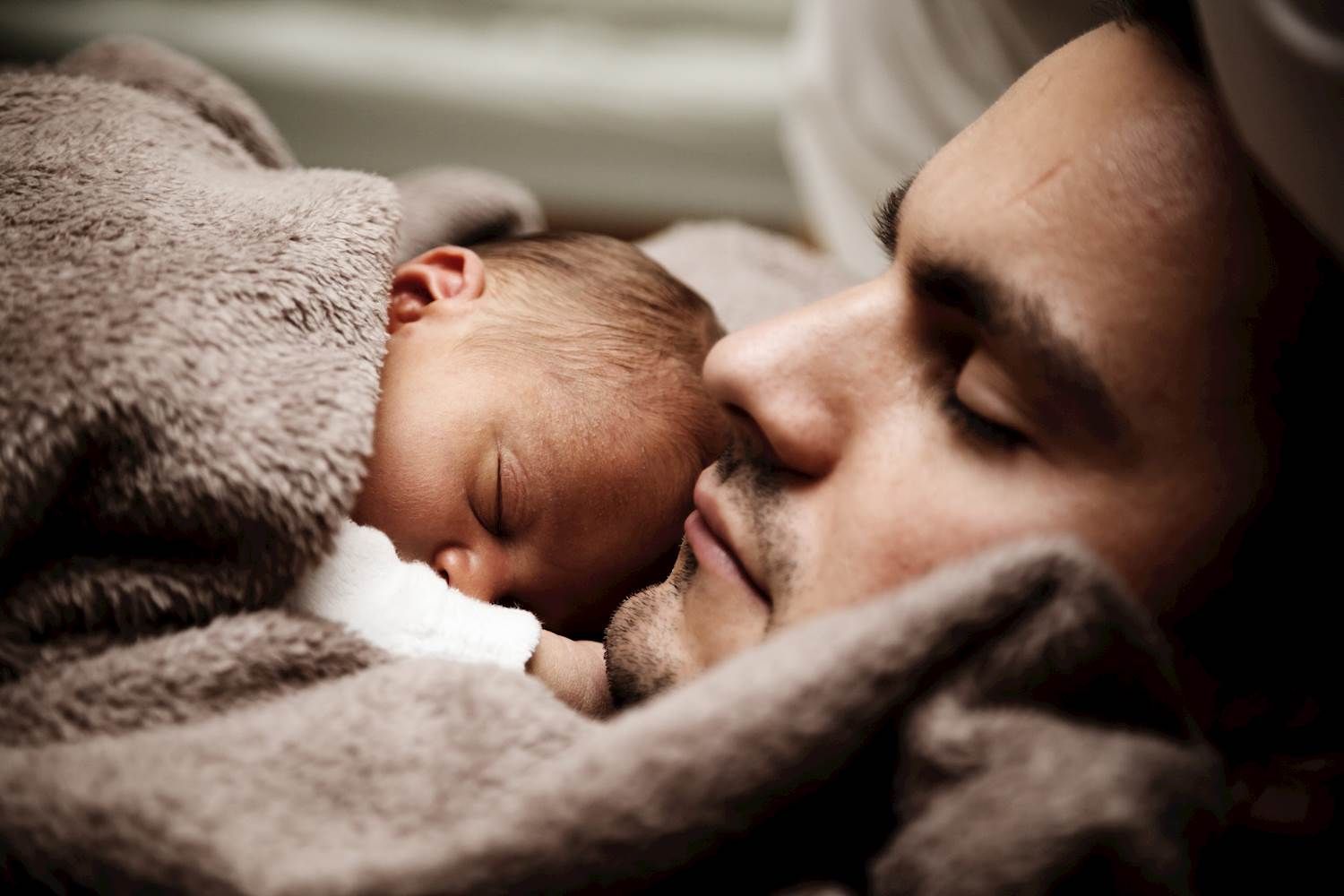Your support helps babies effected by HIE

A lack of oxygen or blood before or during birth can be life-threatening for babies.
Neonatal hypoxic-ischaemic encephalopathy—or HIE—is a condition that occurs when a newborn baby’s brain is deprived of oxygen, which can destroy vital cells and lead to brain injury or death.
It claims the lives of up to one million babies worldwide each year.
But Mater is aiming to improve outcomes for these babies through an Australian-first trial.
The Preventing Adverse Outcomes of Neonatal Encephalopathy (PAEAN) trial is led by Mater’s neonatology specialist and Mater researcher Associate Professor Helen Liley.
“The condition is a concern worldwide and this research aims to develop a more effective treatment option for HIE, to prevent death and brain injury which can cause severe disabilities for babies as they grow, like cerebral palsy,” she said.
Induced hypothermia—cooling the baby for several days—is a well-established treatment, used routinely in neonatal intensive care units. However, more than one-third of babies treated with cooling who survive still end up with long-term problems. A natural hormone called Erythropoietin (EPO), when given in the first week after birth, shows promise as a treatment that will work with cooling to improve these outcomes.
The five-year PAEAN study aims to discover whether a combination of EPO and induced hypothermia of near-term newborn babies who have suffered from low blood or oxygen supply to the brain at birth reduces death and disability rates.
Mater has recruited about 20 babies in the randomised study, plus other patients at 18 sites across Australia and New Zealand to date, and will ultimately enrol 300 babies.
This exciting study has the potential to lead to the development of a new and improved treatment that can be used throughout Mater—and other hospitals around Australia and the world—to reduce the number of deaths and lifelong disabilities from HIE.
